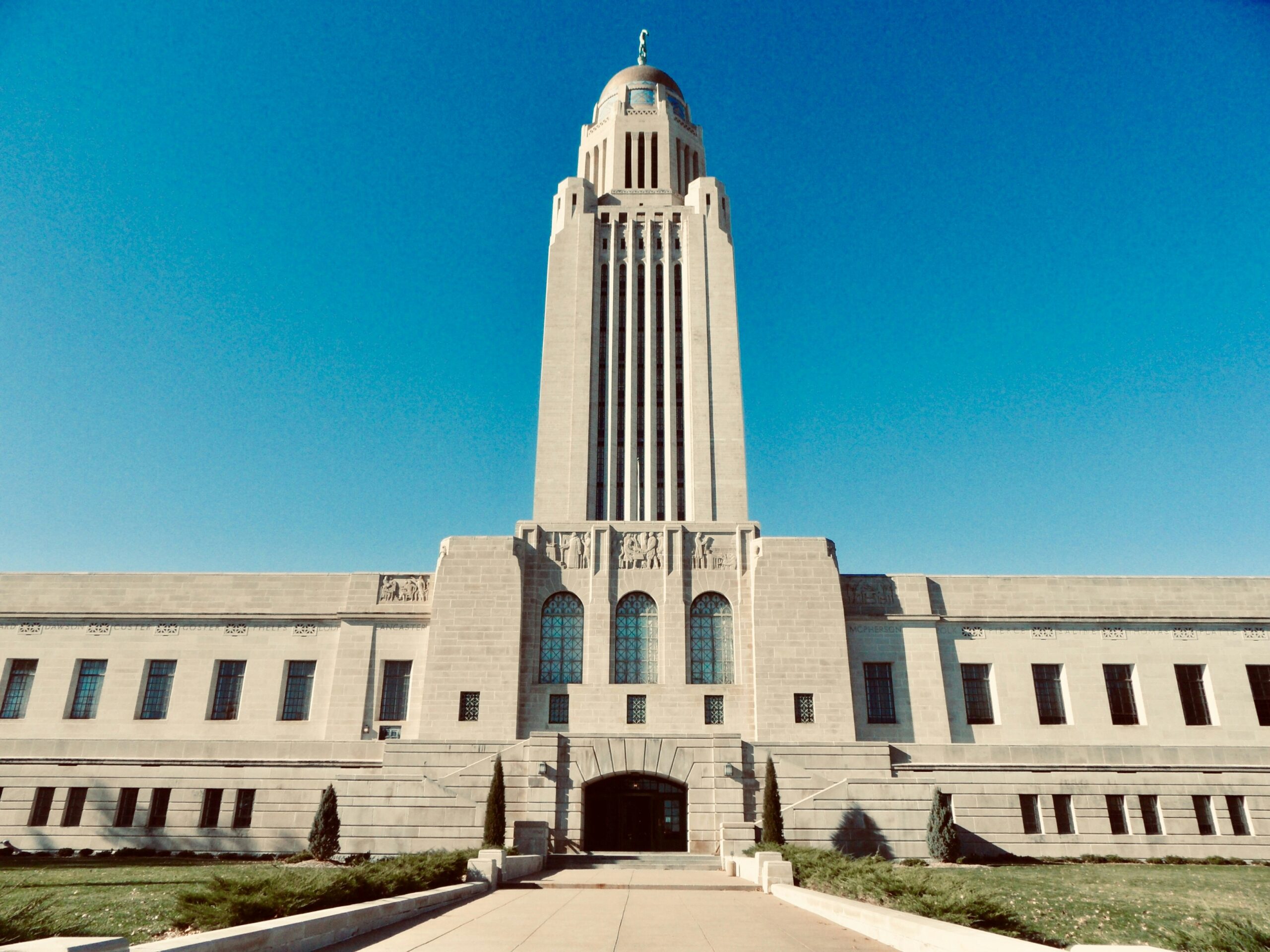From failing to acquire the requisite number of signatures in 2022 to prior ballot language being rejected due to noncompliance with the single subject rule, Nebraska advocates strategically designed their ballot initiatives this year to ensure third times a charm in legalizing medical cannabis in the Cornhusker State. However, opposition in the form of a lawsuit brought by former Senator John Kuehn—the current co-chair for the Nebraska chapter of Smart Approaches to Marijuana (“SAM”), could halt the state from becoming the 39th state to legalize medical cannabis. With early voting currently underway, how will these legal challenges impact legalization efforts in the state?
What’s the Issue?
The Nebraskans for Medical Marijuana qualified two (2) separate measures for this November’s ballot: (1) for legalization of medical cannabis for patients and (2) for regulation of the medical cannabis industry. Since the advocates prior initiative in 2020 was rejected due to violating the single-subject rule, the advocacy group carefully crafted this year’s ballot initiatives to avoid any legal ramifications. Although this approach makes logical sense, the presumption of its ability to avoid any opposition would be naïve.
Thus, to no surprise, a lawsuit was filed against the ballot initiatives challenging the certification decision, claiming numerous signatures were invalid due to: signers not registered as voters, signers signed more than once, the petition was ostensibly circulated after the petition was due, the DOB on petition did not match the purported signer’s voter registration, signer did not provide address, signatures predate petition period, fraud involving collecting signatures. Moreover, the lawsuit claimed the petition violated state law for the failure to file legally sufficient sponsor statements that contained the names and street addresses of every person sponsoring the petition, as well as the single subject rule and the supremacy clause as cannabis is still federally illegal.
To further highlight the opposition’s claims, Attorney General Mike Hilgers announced a Class IV felony charge related to an investigation of fraudulent signatures for two (2) cannabis legalization petitions, hours before Secretary of State Bob Evnen certified the signatures. This came to light due to Election Commissioner Tracy Overstreet flagging seventeen (17) pages of the regulation petition, and twenty-one (21) pages of the patient protection petition as having potential fraudulent signatures (164) from Hall County—the fourth-largest county in the state. It was traced back to one petition circulator, Michael Egbert, who charged Egbert with false swearing to a circulator’s affidavit on a petition under Nebraska law. Since these charges were issued, there have been additional criminal charges against notary publics who verified the signatures under oath and additional petition-gatherers.
Fortunately for the advocates, the Honorable Susan Strong of the Lancaster County District Court dismissed some of the opponents’ claims, including the challenge that the initiatives violated the single-subject rule in late September.
The trial to determine the legality of the initiatives began this week where the opponents must prove that there was “intentional fraud” committed, not just clerical error. With nearly 100,000 signatures between the two petitions being scrutinized, the state alleges that the evidence impacts petitions in at least seventy-one (71) of the ninety-three (93) counties in the state. If the opponents can meet this burden, the burden will then shift to the advocacy group where they must prove that they obtained enough legal signatures to be placed on the ballot. The question remains as to whether these claims will be determined in time before election day.
What Approval Could Mean for Nebraska?
If the initiatives are verified by the court and approved by the majority of voters, the state of Nebraska will see a two-fold process in the implementation of the new medical cannabis program. First, the Nebraska Medical Cannabis Protection Act will create a baseline for the proposed regulations that will form the overall program, specifically regarding patient access. As currently written, there does not appear to be a proposed list of qualifying conditions rather a written recommendation is based on the practitioner’s judgment that the potential benefit of cannabis outweighs the harm to alleviate the patient’s condition. If such language is not modified into a restrictive list of qualifying conditions, this pathway will certainly open the door to patients suffering from various ailments to obtain medical cannabis. Moreover, the current language of the Act will allow for various product types such as topicals, food/drink, and flower, and if this inclusivity remains, this can appeal to many patients in Nebraska as they can have a wide range of products to choose from.
With regard to the regulatory program, the Nebraska Medical Cannabis Regulation Act will establish the Nebraska Medical Cannabis Commission, who will have authority to create and adopt regulations, including rules to accept/deny applications from prospective operators by July 1, 2025. Thereafter, the proposed bill entails that the Commission must grant licenses no later than October 1, 2025. Based on that proposed timeline in combination with renovating and Commission inspections of the facilities, cultivation and testing timelines, and the like, the market may open as early as Summer 2026. However, as most industry experts know, the timeline is always subject to change due to Commission rule-making processes, litigation, and licensing roll-out.
Conclusion
While the ongoing lawsuit may raise concerns among voters with early voting already underway, a “yes” vote remains crucial to ensure public opinion is fully represented. With 70% of Nebraskans expressing support for medical cannabis legalization in recent polls, this vote offers a unique chance to join the movement toward making Nebraska the 39th state to legalize medical cannabis. A “yes” outcome would be a significant step in expanding access to essential treatments for patients across the state, aligning Nebraska with the majority of the nation on this important healthcare issue.

